Marcus Mosiah Garvey (1887-1940)
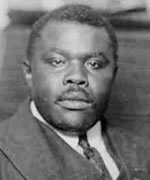
Garvey was a man of inspiration to African Americans worldwide. With his speeches and continuous hope he encouraged people of color everywhere not to bow down to slavery and to deny that they were any different or less human than the Caucasians. In 1914, to prove this point, he founded the Universal Negro Improvement Organization to promote self-sufficiency among African Americans and colored people worldwide. Garvey also founded several black-owned companies such as the Black Star Line, a company designed for trade and transport among colored people living in the United States, the Caribbean, and Africa. He was deported back to Jamaica in 1927 but not before leaving a lasting impression on African Americans around the world.
William Edward Burghardt Du Bois (1868-1963)
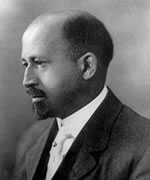
Du Bois was also an inspiration to the African American world but in a different way than Garvey was. Du Bois was the founder and editor of The Crisis a publication for the National Association for the Advancement of Colored People. While he did focus more on others achievements than he did his own, that was not to say that he didn’t make triumphs of his own. He was the first African American to receive a Ph.D. from Harvard University. His first essay collection was published in 1903 and immediately became legendary among many colored people in that time. He encouraged African Americans to fight racism and never let their lives go back to the way they were before. He influenced generations of creative artists, but mostly colored poets, with his work.
Alain Locke (1885-1954)
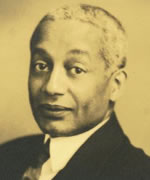
Alain Locke was a critic and a philosopher, but most importantly, he was an educator. He taught for many years as a philosophy professor at Howard University and in doing this, influenced many black artists of the 1920s and 1930s. Locke was a major part of helping poets and writers such as Countee Cullen and Langston Hughes develop their work into books. He also wrote some himself and in his books the message was always the same throughout: African American writers and artists should look to their heritage in order to find inspiration for their work instead of conforming to the Caucasians style and ideas. Locke was an inspiration to writers and artists who, without his help, may never have had their work seen.
Charlotte van der Veer Quick Mason (1855-1945)
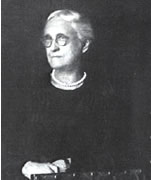
Charlotte Mason was not the typical person in the Harlem Renaissance. Instead of wanting fame for herself, she wanted to help others achieve everything they were able to and intended to help them do just that. She supplied many famous artists and musicians, poets and actors from that time period with the funds and items they needed in order to help them achieve their full potential. She did not want recognition upon doing this and encouraged those she helped to merely call her godmother. Though she helped many start their career, the price for the stars to pay was not always little. She often withdrew her help and funds because the contract was broken or could not be fulfilled by the young stars. Though she wasn’t there to help the stars through their entire career, no one ever forgot her help and were always grateful of everything she did for people in their community.
Charles S. Johnson (1893-1956)
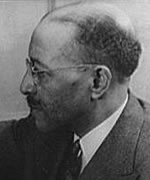
Charles Johnson did similar work to that of Alain Locke. He helped many young colored poets and artists that he admired the work of to get a head start in their career. However, Johnson was aware that if they truly wanted their career to blossom, they would have to be accepted by the Caucasian population too. He began to look through books written and published by white people and saw that some had already accepted the idea of colored writers and artists and were even including African American characters in their books. He began to fraternize with certain people in the Caucasian society and continuously attempted to grab their attention with the colored writers whose career he was attempting to launch. Those writers eventually made it, some bigger than any other colored writers of their time thanks to Johnson. In the end, Johnson left New York but continued to work for African American advancement throughout his life.
